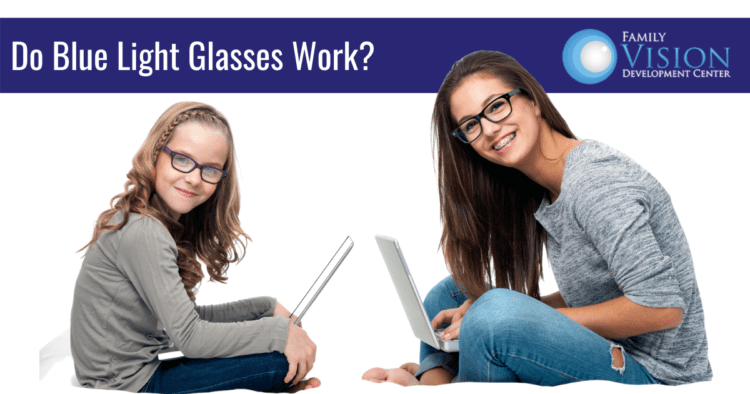

Simple Options to Minimize Dangerous Glare While Driving
When driving a car, the ability to see the road and surroundings clearly is essential to the safety of everyone in the vehicle. Reflective glare while driving can be a big problem in a number of situations.
For example, the light reflecting off of snow in the winter can be almost blinding to a driver. Additionally, the glare from bright sunlight hitting the street or other cars can cause a driver to squint or even tear up, therefore affecting their ability to operate the car safely. And nighttime driving can be difficult for many people as they get older due to the glaring illumination of other headlights. Fortunately, there are some solutions that can help eliminate glare while driving, providing for a safer driving experience.
Sunglasses
Polarized sunglass lenses provide excellent protection from glare while driving. These lenses are made with a special filter that can dramatically reduce the sun’s glare while keeping other objects on the road in sharp focus. Brands like Maui Jim or Nike are great options, as they are known for producing superior anti-glare products. However, there are also less expensive choices that can still provide high levels of protection against glare while driving. As a bonus, wearing high-quality sunglasses consistently during the day can reduce overall eye strain, which can actually help alleviate some of the glare from headlights at night.
Prescription glasses
Because of advances in lens technology, many options are available for prescription lens wearers who want to reduce glare while driving. Many brands of prescription lenses can be customized with anti-reflective coatings that reduce glare during the day, as well as reduce the effects of headlight glare at night. Additionally, there are some light-responsive lenses available which will automatically adapt to changing light conditions. When you visit us for a comprehensive vision exam, we can determine which lenses are best suited to your lifestyle and specific needs.
Contacts
Surprisingly, recent improvements in contact lens technology have also provided an option to contact lens wearers for anti-glare protection. Photochromic contact lenses are light-responsive lenses that can filter blue light, improve your vision in bright light outside, as well as reduce problems from headlights at night. Of course, you can always wear sunglasses over your regular contacts, but this is an additional option for those who want an all-in-one solution for protection against glare while driving.
Glare Can Indicate a Serious Vision Issue
Glare is a normal part of life, and can often be eliminated with the right eye protection. However, if excessive glare is affecting your quality of life on a daily basis, it could mean there is a bigger problem with your vision. In fact, it can be a sign of cataracts, macular degeneration or other eye diseases. If it is interfering with your vision, visit us for a comprehensive eye exam to determine if there are more serious issues that need to be treated.
For more information or to schedule an appointment for eyeglasses, contacts or other eye care needs, call our Aurora office at 630-862-2020.
Additional information can be referenced here

